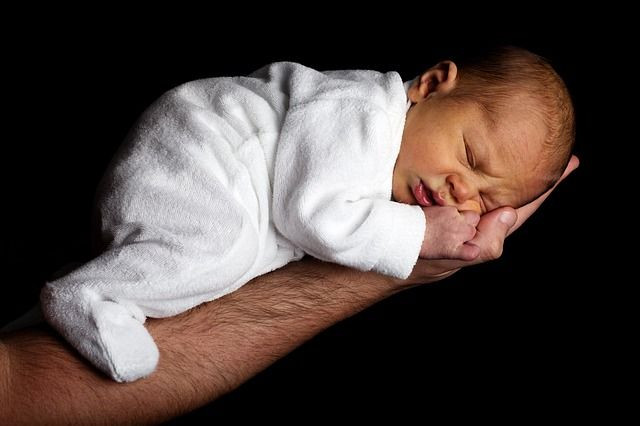Snoring Disrupts Learning Process, Affects Behavior in Children

Two new studies from Australia say that snoring can be bad for children as it disrupts sleep and affects learning and behavior, Herald Sun reported.
Researchers say that while children who get treatment for snoring improve their learning ability, it did not improve any behavioral problems.
Dr. Sarah Biggs, from Melbourne's Monash Institute of Medical Research, studied approximately 160 children between the ages of 7 and 12. She found that snoring disrupted the learning process and negatively affected behavior. Although learning problems were improved after the child stopped snoring (with or without the help of surgery), behavioral problems remained.
"They still had behavioral problems when compared with our healthy children," Dr. Biggs told AAP. "When there is improvement in the sleep disruption or disorder the brain recovers in terms of learning but the behavior doesn't seem to change," she added, reports AAP.
Another study on the subject was conducted by Dr. Mark Kohler from the University of South Australia's Centre for Sleep Research. He studied snoring in babies and found that sleep-related problems can affect babies as young as 6 to 12 months old.
"What's unknown is whether these are going to be long term deficits, given that infancy is such a critical time of brain development," Dr. Kohler told AAP. Approximately 450 infants were part of this study.
According to a study, presented at SLEEP 2012, sleep-disordered breathing adversely affects learning performances. The study also says that children who have behavioral problems may have disturbed sleep. According to lead author Michelle Perfect, from the University of Arizona, "If left untreated, OSA negatively impacts a youth's ability to regulate their behaviors, emotions and social interactions." "These behaviors can interfere with their ability to care for themselves and engage in socially appropriate behaviors - skills that are needed to be successful in school," she notes.
Dr. Biggs and Dr. Kohler presented their research findings this week at the Australasian Sleep Conference in Darwin, Australia.
Published by Medicaldaily.com



























